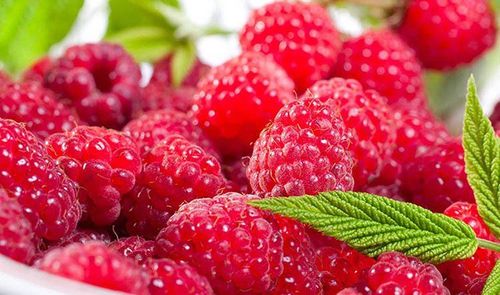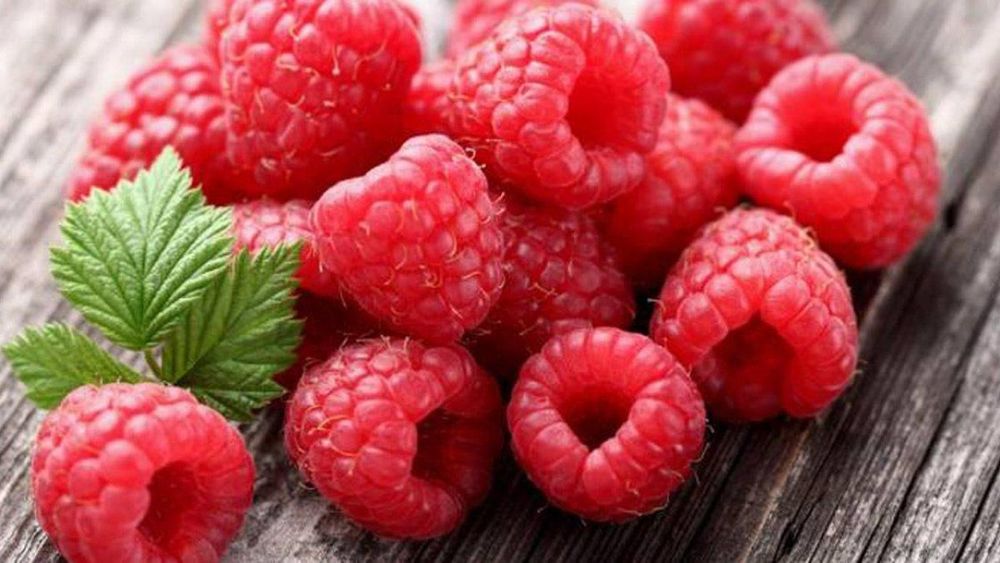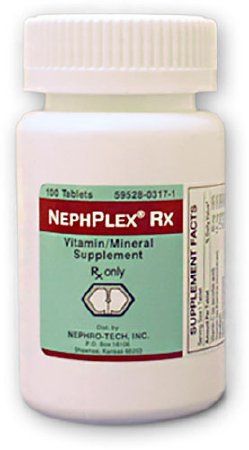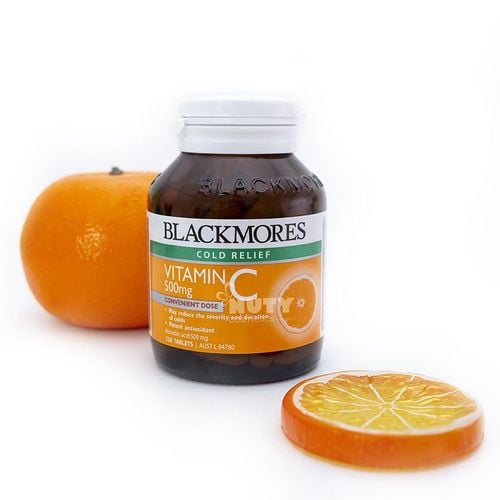This is an automatically translated article.
The raspberry is an edible fruit of the rose family, native to Europe and North Asia and grown in temperate regions worldwide. There are many varieties of raspberries - including black, purple and yellow - but red raspberries, or raspberries, are the most common.1. Nutritional composition of raspberries
Although low in calories, raspberries are packed with nutrients.One cup of red raspberries (about 123 grams) contains:
Calories: 64 Carbs: 14.7 grams Fiber: 8 grams Protein: 1.5 grams Fat: 0.8 grams Vitamin C: 54% Reference Daily Intake (RDI) Manganese: 41% RDI Vitamin K: 12% RDI Vitamin E: 5% RDI Vitamin B : 4% RDI Iron: 5% RDI Magnesium: 7% RDI Phosphorus: 4% RDI Potassium: 5 % RDI Bronze: 6% RDI
2. Health benefits of raspberries
2.1. Raspberries contain powerful antioxidants that help reduce the risk of disease Antioxidants are plant compounds that help the body's cells fight and recover from oxidation. Oxidative imbalances can lead to a higher risk of cancer, diabetes, heart disease, and other diseases. Compared to other berries, red raspberries contain similar levels of antioxidants to strawberries, but only half that of blackberries and a quarter of blueberries.An animal study found that raspberries and raspberry extracts provide anti-inflammatory and antioxidant support, which may reduce the risk of chronic diseases, such as heart disease, diabetes, obesity and cancer.
An eight-week study in obese and diabetic rats showed that mice fed frozen, dried red raspberries had fewer markers of inflammation and oxidative stress. group did not eat. Another study in rats showed that: Raspberries contain ellagic acid - one of the antioxidants that has the ability to both prevent oxidative damage and help repair damaged DNA.
2.2. The high fiber and tannins in raspberries are beneficial for blood sugar control Raspberries are low in carbs and high in fiber, making them a smart choice for anyone looking to keep their carbs under control. his day.
One cup (123 grams) of raspberries contains 14.7 grams of carbs and 8 grams of fiber, which means they only have 6.7 grams of digestible carbs per serving. The glycemic index (GI) is a measure of how quickly a food's blood sugar rises after eating. Although the glycemic index in raspberries has not been determined, most berries are in the low glycemic category. In addition, studies have shown that raspberries have the ability to lower blood sugar levels and improve insulin resistance.
Several animal studies show that rats that are fed frozen and dried red raspberries along with a high-fat diet have lower blood sugar and less insulin resistance than the control group raspberry. Rats that were fed raspberries also showed a lower risk of fatty liver disease.
Moreover, raspberries are high in tannins, which block alpha-amylase, a digestive enzyme necessary for starch hydrolysis. By blocking the digestive enzyme alpha-amylase, raspberries work to reduce the number of carbs absorbed after a meal, and reduce the impact on your blood sugar.

Quả mâm xôi chứa ít carbs và nhiều chất xơ, khiến chúng trở thành lựa chọn thông minh cho bất cứ ai muốn kiểm soát lượng carbs tiêu thụ hàng ngày
Studies have shown that the H-6 sanguiin in red raspberries is an antioxidant that can destroy more than 40% of ovarian cancer cells.
In a 10-week study in rats with colitis, those fed a 5% diet of red raspberries had less inflammation and a lower risk of cancer than the control group.
In another study on liver cancer in rats, red raspberry extract helped stop the development of the disease. The risk of tumor development decreased with larger doses of raspberry extract.
3. Other Potential Health Benefits of Raspberries
Since raspberries are packed with nutrients and antioxidants, they also have many other health benefits.3.1 Improves Arthritis Raspberries are anti-inflammatory, which can reduce arthritis symptoms.
In one study, rats given a drug containing red raspberry extract had a lower risk of arthritis than mice in the control group. In addition, those with arthritis experienced less severe symptoms than mice that did not consume raspberries.
In another rat study, rats given raspberry extract experienced less swelling and joint destruction than the control group.
By blocking COX-2, an enzyme that causes inflammation and pain, raspberries are thought to work against arthritis.
3.2 Helps with weight loss One cup of raspberries (123 grams) contains only 64 calories and 8 grams of fiber. What's more, one raspberry contains 85% water. This makes raspberries a filling but low-calorie food.
The natural chemicals found in raspberries also help with weight loss.
In one study, rats were fed 3 diets: low-fat, high-fat, and high-fat supplemented with one of eight berries, including raspberries. Rats in the raspberry group gained less weight than mice that only ate the high-fat diet.
The concentration of ketones in raspberries is widely advertised as having a weight loss effect. However, very little research has been done on this topic.
In another animal study, rats fed a high-fat diet and fed high doses of raspberry ketones gained less weight than rats in the control group.

Các chất hóa học tự nhiên được tìm thấy trong quả mâm xôi cũng có tác dụng hỗ trợ giảm cân
Although there is little evidence that raspberry supplements can actually help with weight loss, eating more raspberries will make you full faster and eat less of something else.
3.3 Anti-Aging Support Raspberries are packed with antioxidants, which work to reduce signs of aging by fighting free radicals in the body.
Antioxidants contribute to the longevity of several different animal species and have anti-aging effects in humans.
Raspberries are also high in vitamin C that helps keep skin healthy - this helps you look younger. In addition, the nutrients in raspberries also support collagen production and reverse skin damage caused by UV rays.
In an eight-week study, aged rats that were fed a diet containing 1% or 2% of raspberries showed improved motor functions, including balance and health. .
6. How to add raspberries to your diet

Quả mâm xôi tươi có thời hạn sử dụng ngắn, vì vậy bạn nên mua các loại quả được trồng tại địa phương và ăn chúng trong vòng một đến hai ngày
Since raspberries are harvested during the summer and fall, fresh raspberries are best at those times.
When choosing raspberries, avoid those that are crushed or moldy.
Raspberries should be frozen and packaged to keep them from getting damaged.
Remember that you can eat raspberries all year round by buying frozen. Note that these berries must be those that are frozen immediately after harvest.
Raspberries are also a common ingredient in jams and jellies.
Here are a few ways to incorporate raspberries into your diet:
Eat fresh raspberries as a snack. Yogurt with fresh raspberries and cereal Add raspberries to cereal or oatmeal. Whole grain pancakes or waffles with raspberries. Add frozen raspberries to a smoothie. Make a fresh berry salad with raspberries, blueberries, and strawberries. Add raspberries to a salad with chicken and cheese. Mix raspberries with water and use as a sauce for meat or fish. Make a toasted raspberry with oatmeal, nuts, cinnamon, and a drizzle of your favorite fruit syrup. Stuff raspberries with dark chocolate for a sweet treat.
Please dial HOTLINE for more information or register for an appointment HERE. Download MyVinmec app to make appointments faster and to manage your bookings easily.
Reference source: healthline.com












